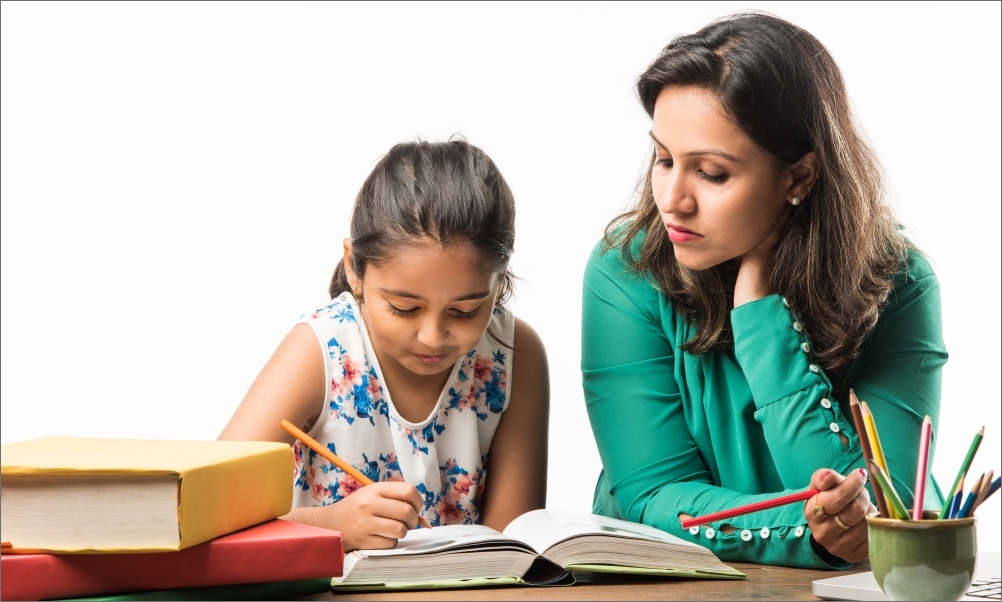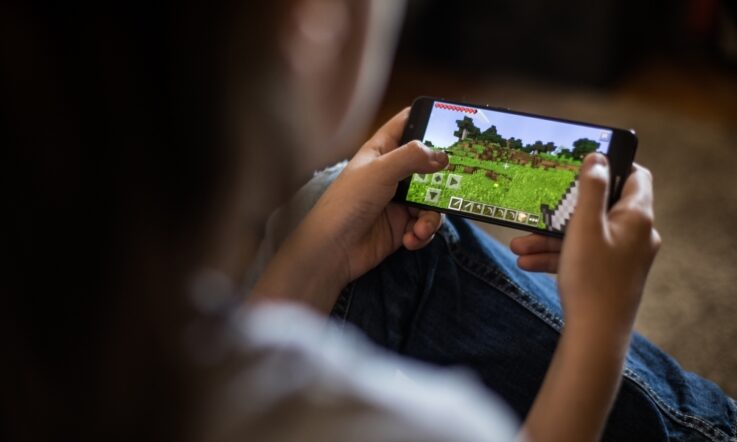Co-opting parents in the education of their children can help schools in many ways. Ashok Pandey shares five strategies schools can implement to ensure optimum parental collaboration.
The implications of COVID-19 led to the shutting down of schools across the world as no one wanted to risk the health of children. In response to this emergency, educators were swift in offering cognitive and socioemotional support to children staying at home, and the power and influence of technology were unleashed in transforming learning.
But there were limitations. Teachers were unable to reach significant cohorts of students studying in rural schools or low-cost private schools. The lack of internet and digital tools prevented a large population of students from gaining the full benefit of online teaching and learning.
Home-based classrooms did not have students alone in attendance; there were parents too, who got an opportunity to witness what they had always wanted, but could not. Under the changed circumstances, they were able to observe teachers teaching their children at firsthand; for the teachers, it was an act of courage to put themselves up in this fashion for scrutiny, discussion, criticism, performance appraisal, and on the spot feedback.
Parents also enjoyed their newfound roles as assistant teacher, discipline head, home tutor, and supervisor. It became imperative for them to align their understanding of their child’s education with the school’s vision and values, and the techniques of virtual learning. And that brings us to the second important lesson of online teaching in the times of COVID-19 − school-parent engagement.
Despite a broad understanding and recognition of the parental role in a child’s learning outcomes, schools have tactically maintained a distance from deeper engagement with parents. Beyond customary parent-teacher meetings and handing over of report cards, not many schools can claim to be embracing parents as partners in learning.
This needs to change. School leaders busy in improving education on the campus and building a learning culture must include parents. This step should be taken even at the risk of managing overenthusiasm and unrelenting expectations. The critical issues in fostering parental relationships and forging partnerships are recognising the role of parents as learning partners, professionalising relationships with parents, respecting their views, and bringing in effective practices and standards to sustain that relationship.
Positive parental involvement has a dramatic impact on student-teacher relationships, student-school engagements, students’ motivation to learn, and their wellbeing. On the other hand, a strained relationship between parents and the school puts undue pressure on the child, who is torn between respect for her teachers and love for her parents.
When children go home at the end of the day and share their experiences with involved parents, it changes the nature of the parent-child relationship. It also prompts parents to share their life stories and the values that drive them.
Here are five strategies schools can implement to elicit optimum parental collaboration:
- Encourage questions from parents: Progressive schools and leaders do not take offence when asked tough questions. Issues around recruitment, training, and retention of good teachers are common concerns. Parents are keen to know many things, including how schools maintain rigour, how values are inculcated, and so on. These are quality audit queries, and the school must welcome such questions. If parents do not ask such questions, who else will?
- Leverage the professional strength, network, and influence of parents: Schools often willfully miss the opportunity of utilising the enormous pool of parents’ expert knowledge and societal impacts for the benefit of their students. It is not wise to look to parents only in a crisis. Parents can bring in a lot of energy to help the school community build capacities, culture, and creativity.
- Structure the relationship and terms of engagement: Each class is the building block of relationship strengthening. Opening classrooms to parents in a brick and mortar environment, as is happening in today’s virtual classrooms, is a signal that schools are transparent, and that they value the point of view of parents and their feedback. Parents, in turn, must respect teachers’ professionalism. When it comes to schools and children’s education, parents are susceptible. They receive the messages schools send, and the relationship hinges on that.en
- Celebrate parents achievements and honour their interests: Most schools love to showcase the accomplishments of students. Some do the same for the excellent performance of their teachers. Seldom do schools celebrate the big moments of parents. Recognising particular interests and areas of specialisation of parents can bring additional value to the institution. Schools struggle to find specialists in human resources management, technology upgrades, sports, music, art, safety, soft skills – these are all domains that parents can support through their networks. Once parents are engaged in this manner, their sense of identification with the school will be strengthened.
- Don’t create an injurious fault line: Schools must invest in parental engagement with sufficient thought and planning. If not done this way, a fault line unwittingly created may open doors for mistrust and negative stereotypes on both sides. Thus, the onus of nurturing home-school relationships lies in the hands of schools.
David H Hughes, a former principal, writes in his book, Future-Proof Your School, that, ‘parents have skin in the game’. They have trusted the school with the future of their children; the schools must structure their response in a manner benefiting that trust and confidence. The best reciprocation comes from empathic concern for parental aspirations.
A version of this article first appeared in the print magazine Teacher, distributed in India, in July 2020.
References
Hughes D. (2019). Future-proof your school. Critical Publishing



